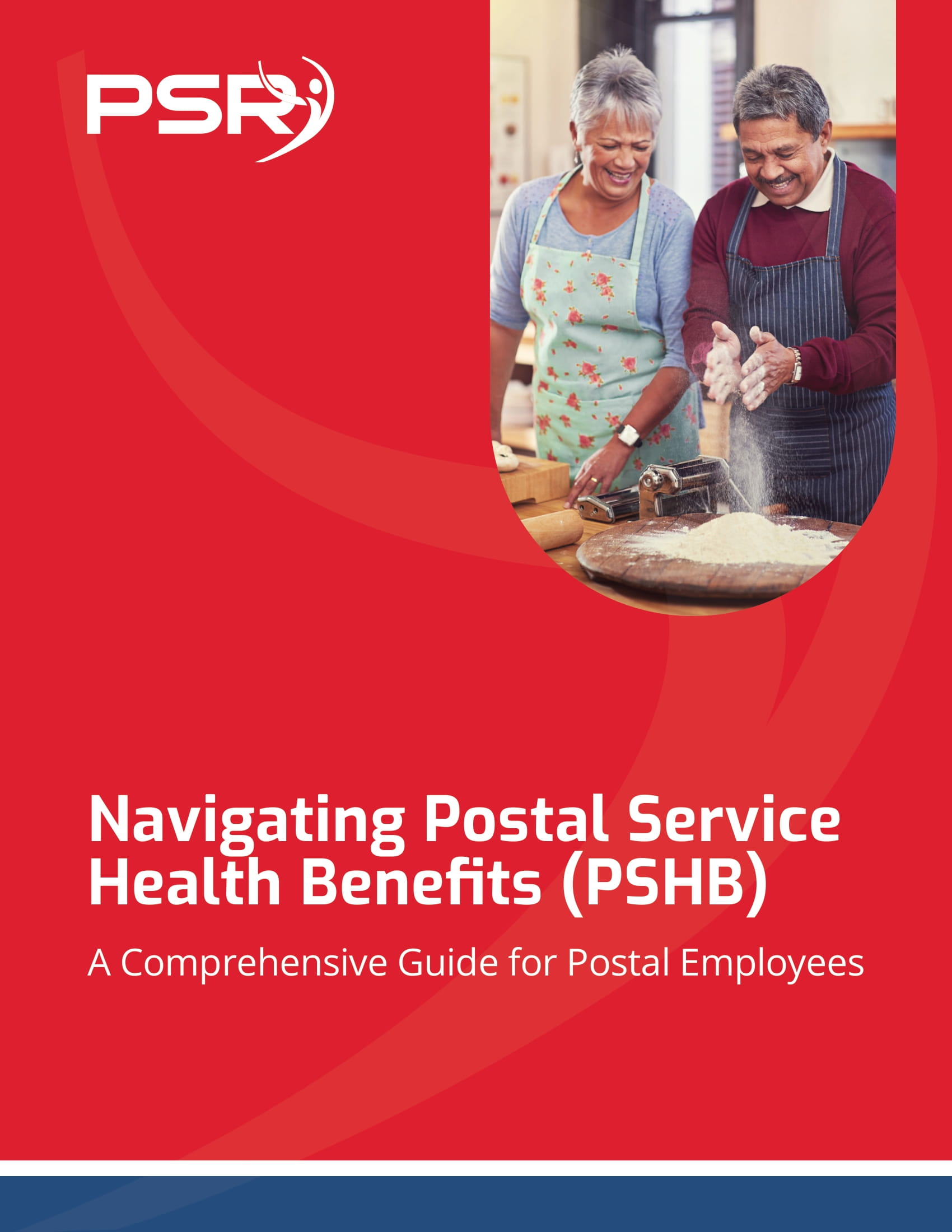Key Takeaways:
-
Your survivor benefits impact your spouse or designated beneficiary’s financial stability, so adjustments should be carefully evaluated before retirement.
-
Factors like annuity reductions, cost-of-living adjustments, and healthcare expenses should be considered to avoid unexpected financial burdens.
Are Your Survivor Benefits Aligned with Your Retirement Goals?
When you retire as a government employee, your choices about survivor benefits shape your spouse or beneficiary’s financial security. Adjusting these benefits may seem like a cost-saving decision, but it could lead to unintended consequences. Before making any changes, ask yourself these essential questions to ensure you’re making the right move.
1. How Will an Adjustment Affect Your Annuity and Your Spouse’s Future Income?
- Also Read: Law Enforcement Retires Early—But Not Without These Rarely Mentioned Tradeoffs
- Also Read: Why the FERS Supplement Is Still a Lifeline for Early Retirees—But a Risky One
- Also Read: You May Be Eligible for Medicare Soon—Here’s How It Affects Your Other Coverage
Understanding Annuity Reductions
Your monthly annuity is reduced if you choose to provide a survivor benefit. In 2025, the reduction depends on the percentage of your annuity designated for your beneficiary.
-
Full survivor benefits typically reduce your annuity by 10% to provide 50% of your annuity to your survivor.
-
Partial survivor benefits reduce your annuity by 5% and provide 25% of your annuity to your survivor.
What Happens if You Decline Survivor Benefits?
If you choose not to provide survivor benefits, your spouse will lose access to a portion of your retirement annuity upon your death. This decision may leave them without sufficient income, especially if they rely on your pension as a primary source of financial stability.
Consider Life Expectancy and Other Income Sources
Before adjusting your survivor benefits, consider factors such as:
-
Your life expectancy and potential long-term care costs.
-
Your spouse’s pension, Social Security, or personal savings.
-
Whether they will have access to other financial resources after your passing.
2. Will Your Spouse Still Have Access to Healthcare Coverage?
One of the biggest concerns for surviving spouses is healthcare. Government employees typically receive health insurance through the Federal Employees Health Benefits (FEHB) Program, but eligibility rules change after the employee’s death.
FEHB and Survivor Benefits
If you elect survivor benefits, your spouse remains eligible to continue FEHB coverage after your passing. However, if you waive survivor benefits, your spouse will lose access to your FEHB plan unless they have their own federal coverage.
How Much Will Healthcare Cost Without FEHB?
Losing FEHB coverage could mean your spouse must purchase private health insurance or enroll in Medicare. Without the government’s contribution to FEHB, out-of-pocket healthcare expenses could increase significantly. Compare the costs of maintaining FEHB versus alternative healthcare options before adjusting survivor benefits.
3. Are Cost-of-Living Adjustments (COLAs) Factored Into Your Decision?
Government annuities include cost-of-living adjustments (COLAs) to help retirees keep up with inflation. However, survivor benefits are affected differently by these adjustments.
Survivor Annuities and COLAs
-
If you elect full or partial survivor benefits, the survivor’s annuity will continue to receive COLAs over time.
-
If you decline survivor benefits, your spouse won’t receive COLAs on lost income, which could mean financial hardship in the future as living costs rise.
How Inflation Can Impact Long-Term Financial Stability
Inflation erodes the purchasing power of fixed incomes. In 2025, COLA adjustments continue to reflect changes in economic conditions, ensuring retirees and survivors maintain their standard of living. If your spouse relies on your survivor annuity, losing COLAs could lead to unexpected financial strain in later years.
4. Can You Change Your Decision Later?
Once you make a survivor benefit election, it’s extremely difficult to change after retirement.
Can You Increase Survivor Benefits Later?
-
If you decline survivor benefits at retirement, you cannot add them later unless your spouse dies and you remarry.
-
If you opt for partial benefits, you cannot increase them once retirement is finalized.
What About Divorce or Remarriage?
Your decision about survivor benefits may also impact what happens in the event of divorce or remarriage:
-
A divorced spouse may still be entitled to a portion of your benefits depending on court orders.
-
If you remarry after retirement, you can elect survivor benefits for your new spouse, but it may come with a reduction in your annuity.
Reviewing Your Retirement Election Forms
Ensure you fully understand your survivor benefit election by carefully reviewing your retirement paperwork before finalizing your decision. Speak with a benefits specialist if you need clarification.
Making a Well-Informed Choice for Your Family’s Future
Adjusting your survivor benefits is a major financial decision with lasting implications. Before making changes, consider how your annuity, COLAs, and healthcare coverage will impact your spouse’s long-term financial security. If you need personalized guidance, get in touch with a licensed agent listed on this website to explore your best options.












